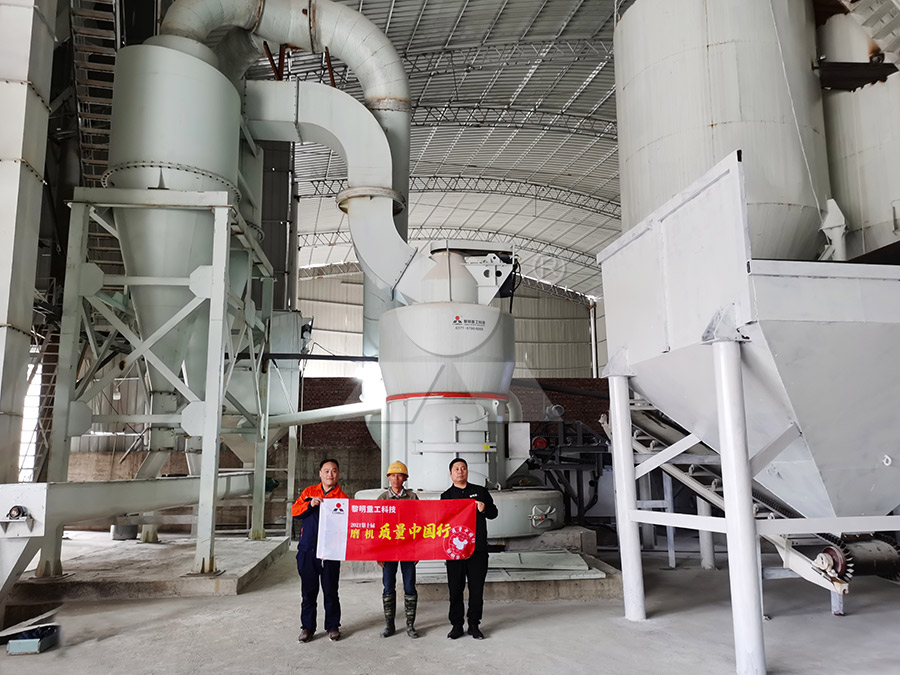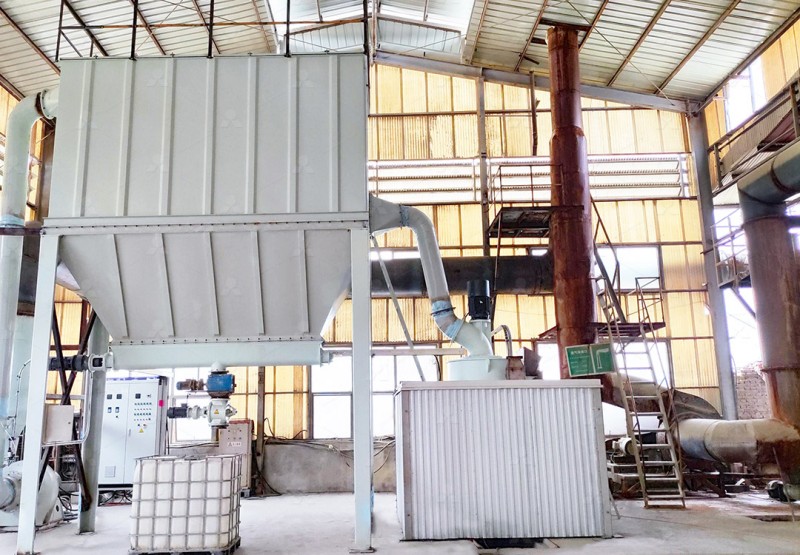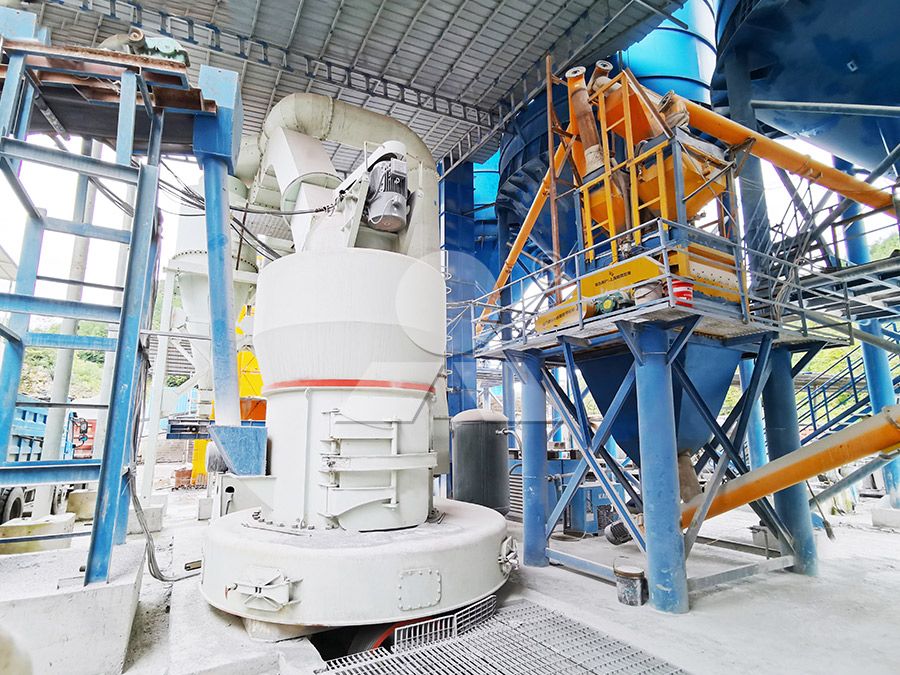Molecular Sieve Grinding Mill | Customized Particle Size Control
We provide a wide range of mills — including Raymond mill, trapezoidal mill, vertical mill, ultrafine mill, and ball mill, obtained ISO9001 international quality certification, EU CE certification, and Customs Union CU-TR certification. Suitable for processing minerals such as limestone, phosphate, quicklime, kaolin, talc, barite, bentonite, calcium carbonate, dolomite, coal, gypsum, clay, carbon black, slag, cement raw materials, cement clinker, and more.
The discharge range of these mills can be adjusted to meet specific processing needs, typically from 80-400 mesh, 600-3250 mesh, and can achieve the finest particle size of up to 6000 mesh(D50).
If you are looking for a reliable grinding solution to turn stone or minerals into fine powder, please feel free to contact our online customer service.
Molecular Sieve Grinding Mill: Precision Particle Engineering
In the world of industrial processing, molecular sieves represent one of the most challenging materials to grind effectively. These highly porous materials demand specialized equipment that can achieve precise particle size distributions without compromising their structural integrity or adsorption properties. The quest for optimal molecular sieve performance begins with superior grinding technology.
Molecular sieves, with their crystalline microporous structures, require careful handling during size reduction processes. Traditional grinding methods often lead to excessive heat generation, structural damage, and inconsistent particle distributions – all of which can significantly impact the material’s adsorption capacity and catalytic properties.

The Challenge of Molecular Sieve Processing
Processing molecular sieves presents unique challenges that conventional grinding equipment struggles to address. The crystalline structure must be preserved while achieving the desired particle size distribution. Over-grinding can collapse pore structures, while under-grinding fails to unlock the material’s full potential. This delicate balance requires equipment specifically engineered for such sensitive materials.
Temperature control represents another critical factor. Excessive heat during grinding can degrade the molecular sieve’s performance characteristics. Additionally, contamination from grinding media or equipment wear must be minimized to maintain product purity.
Advanced Grinding Solutions for Molecular Sieves
For operations requiring ultra-fine molecular sieve powders with precise particle size control, the MW Ultrafine Grinding Mill offers an exceptional solution. This advanced grinding system is specifically designed for customers who need to produce ultra-fine powder while maintaining material integrity.
The MW Ultrafine Grinding Mill handles input sizes from 0-20 mm with capacities ranging from 0.5-25 tph, making it suitable for both laboratory-scale development and full-scale production. Its innovative design features higher yielding capacity with lower energy consumption compared to traditional grinding systems.

Key Technological Advantages
What sets the MW Ultrafine Grinding Mill apart is its ability to provide adjustable fineness between 325-2500 meshes through its advanced cage-type powder selector. This German technology ensures precise powder separation, allowing operators to fine-tune particle size distribution according to specific application requirements.
The mill’s unique chamber design eliminates rolling bearings and screws from the grinding area, preventing potential contamination and maintenance issues. The external lubrication system enables continuous 24-hour operation without shutdowns for maintenance.
Environmental considerations are addressed through an efficient pulse dust collector and muffler system, ensuring dust-free operation and reduced noise levels that comply with national environmental protection standards.
Applications Beyond Molecular Sieves
While exceptional for molecular sieve processing, this technology extends to various other materials including limestone, calcite, dolomite, petroleum coal, gypsum, barite, marble, talc, and coal powder. The chemical industry, paint manufacturing, cosmetics, pharmaceuticals, and food additives all benefit from the precise particle control offered by this advanced grinding system.

For operations requiring vertical grinding solutions, the LUM Ultrafine Vertical Grinding Mill presents another excellent option. With input size capability of 0-10 mm and capacity of 5-18 tph, this mill integrates ultrafine powder grinding, grading, and transporting in a single system. Its unique roller shell and lining plate grinding curve design generates material layers more effectively, enabling high rates of finished products through single-pass powder milling.
Frequently Asked Questions
What particle size range can be achieved with molecular sieve grinding mills?
Our MW Ultrafine Grinding Mill can achieve fineness between 325-2500 meshes, with screening rates achieving d97≤5μm in a single pass. This broad range allows for customization based on specific application requirements.
How does the grinding process affect molecular sieve structure and performance?
Proper grinding preserves the crystalline structure while achieving desired particle size. Our mills are designed to minimize heat generation and structural damage, maintaining the adsorption properties and catalytic activity of molecular sieves.
What capacity ranges are available for molecular sieve production?
The MW Ultrafine Grinding Mill offers capacities from 0.5-25 tph, suitable for various production scales from pilot plants to full industrial operations.
How is dust control managed during the grinding process?
Our mills feature efficient pulse dust collectors that eliminate dust pollution during operation. The entire milling system operates without generating environmental contaminants.
What maintenance requirements should be expected?
The absence of rolling bearings and screws in the grinding chamber significantly reduces maintenance needs. External lubrication allows for maintenance without shutdown, and we provide comprehensive technical support and original spare parts.
